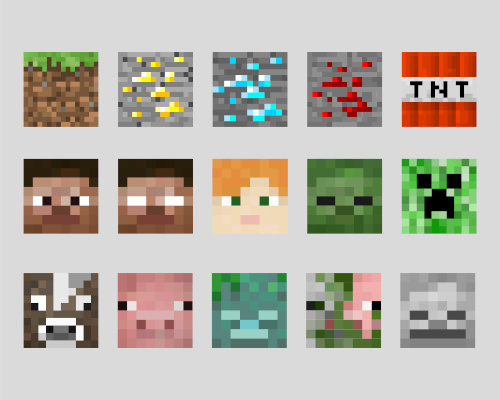Millions of students use Roblox and Minecraft to create characters and build entire worlds. As educators search for ways to boost student engagement as they inject real-world relevance into their lessons, finding creative reasons to use these platforms in the classroom becomes their goal. Should you start teaching with Minecraft and Roblox?
“Why Minecraft? Why Roblox? Your students are already on these platforms and they absolutely love them. That doesn’t necessarily make for a great teaching tool right off the bat, but the engagement is there,” said Matthew Kreutter, a product manager for Connected Camps, during an ISTE Live22 session.
A Connected Camps team led session attendees through some brief examples of how they can begin teaching with Minecraft and Roblox with simple coding and building activities.
Meeting students where they are, and teaching them content via a platform they already use, creates direct positive outcomes in building interest in that content. What’s more, Minecraft and Roblox take core ideas from popular games and learning tools and make the possibilities infinite.
“This idea that interest-driven learning directly influences longevity of engagement drives our belief in the power of Minecraft and Roblox as teaching tools,” Kreutter said.
“We are starting, as educators, to gravitate toward platforms that let students explore and create for themselves,” he added, noting that students retain information better this way versus when they are handed information by a teacher.
Connected Camps’ Jaye Thompson, Alexis Albertie, and Amy Pham led attendees through coding experiences using Roblox Studio and Minecraft.
“Coding can be a technical, niche, confusing process. We can get overwhelmed with information really fast. We do know that a lot of kids like Roblox and we know that a lot of kids like to code. So, what if we combine the two?” Thompson asked.
As they proceed through lessons and tasks in Roblox and Minecraft, students learn communication, giving and receiving feedback, problem-solving and trouble-shooting, Thompson said.
Pham outlined a step-by-step rollercoaster build in Minecraft, explaining how students can build a rollercoaster and apply engineering principles as they determine the best design and how to power it. Using Minecraft’s redstone element, students determine how to create and place a power source for their rollercoaster. They can work up to more advanced circuit modeling, as well.
The beauty of games like Roblox and Minecraft, said Albertie, is that students can enter an engaging environment in which they already enjoy playing and they can learn limitless subjects. Teachers can tackle subjects such as cultures, architecture, literature, cell biology, and more.
- Friday 5: Blended learning - May 10, 2024
- Cybersecurity is top priority for K-12 edtech leaders - May 8, 2024
- New group targets AI skills in education and the workforce - May 6, 2024

